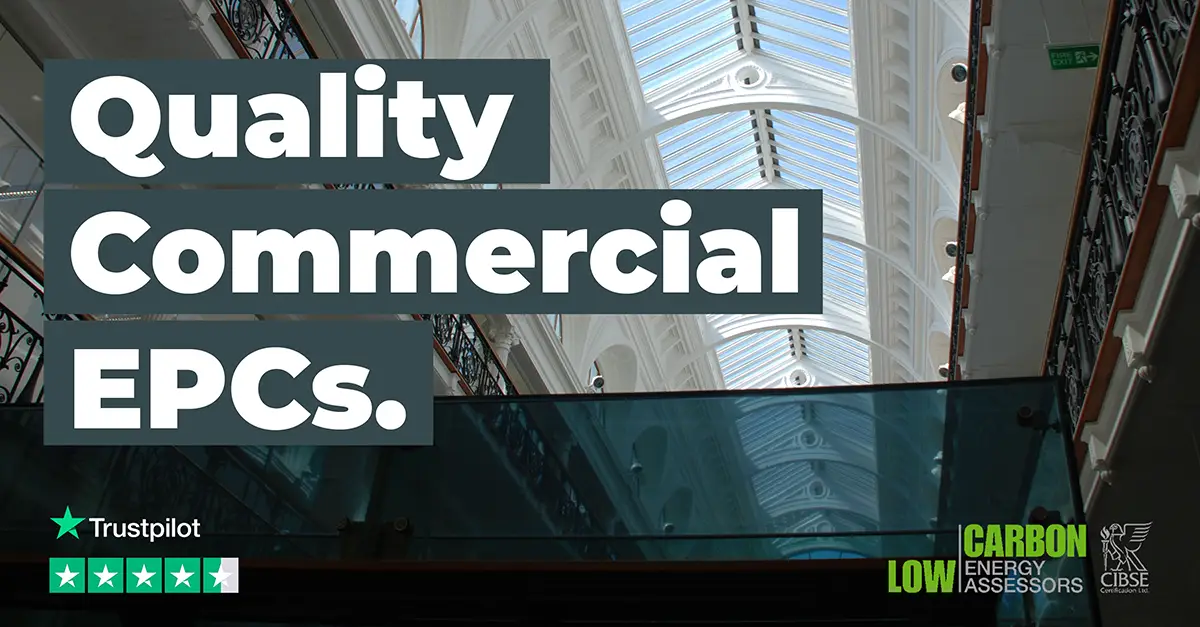EPC ratings have a direct impact on the value of commercial properties. Buyers and tenants increasingly prefer buildings with higher energy efficiency, making EPC ratings a crucial factor in property investment.
This article explores how EPC ratings affect property value, rental demand, and the long-term profitability of commercial real estate.

How EPC Ratings Influence Property Value
1. Higher Rental Demand:
Businesses are actively seeking energy-efficient properties to minimize operational costs. Properties with high EPC ratings attract premium tenants willing to pay more for long-term savings.
2. Increased Property Resale Value:
A strong EPC rating enhances a property’s marketability and resale value. Investors prefer buildings with high efficiency to ensure sustainability and regulatory compliance.
3. Compliance with Regulations:
Government regulations are becoming stricter regarding energy efficiency. Properties with low EPC ratings may require costly upgrades to meet legal standards before selling.
4. Access to Financial Incentives:
Energy-efficient properties may qualify for tax reliefs, grants, and green finance options, increasing their financial attractiveness to buyers and investors.

EPC ratings significantly influence the value, desirability, and regulatory compliance of commercial properties. Property owners should invest in energy-efficient improvements to enhance value and ensure long-term profitability. Get in touch with SEA Consulting today and improve your commercial EPC rating!

